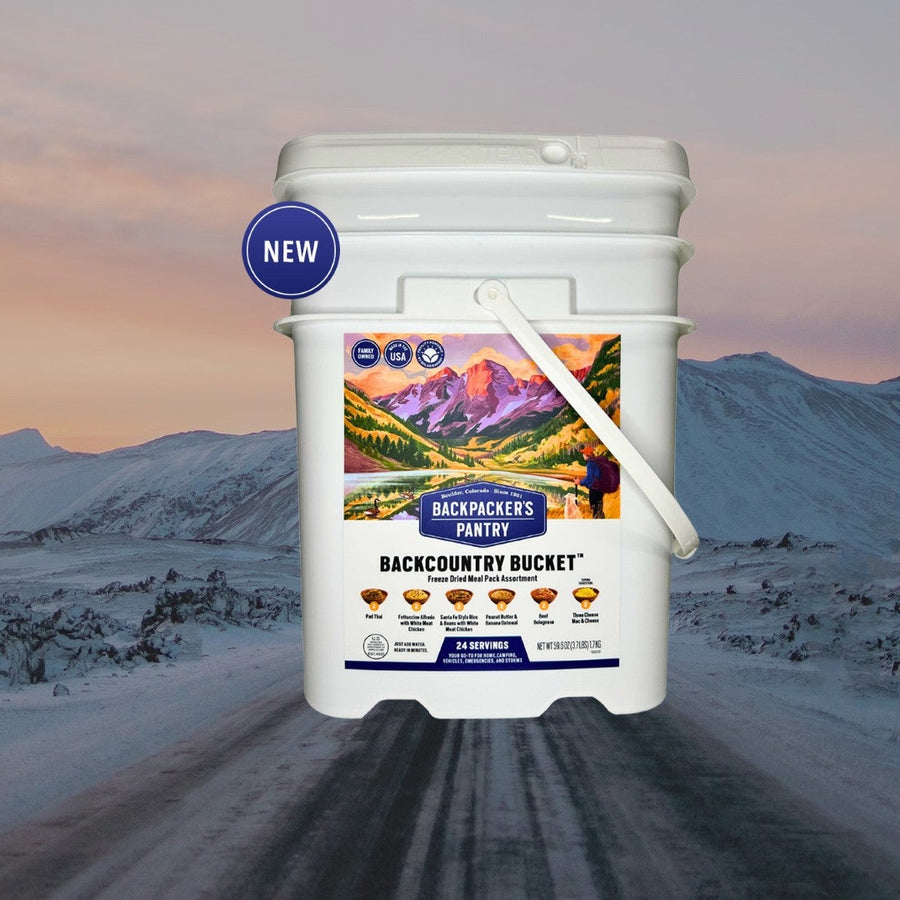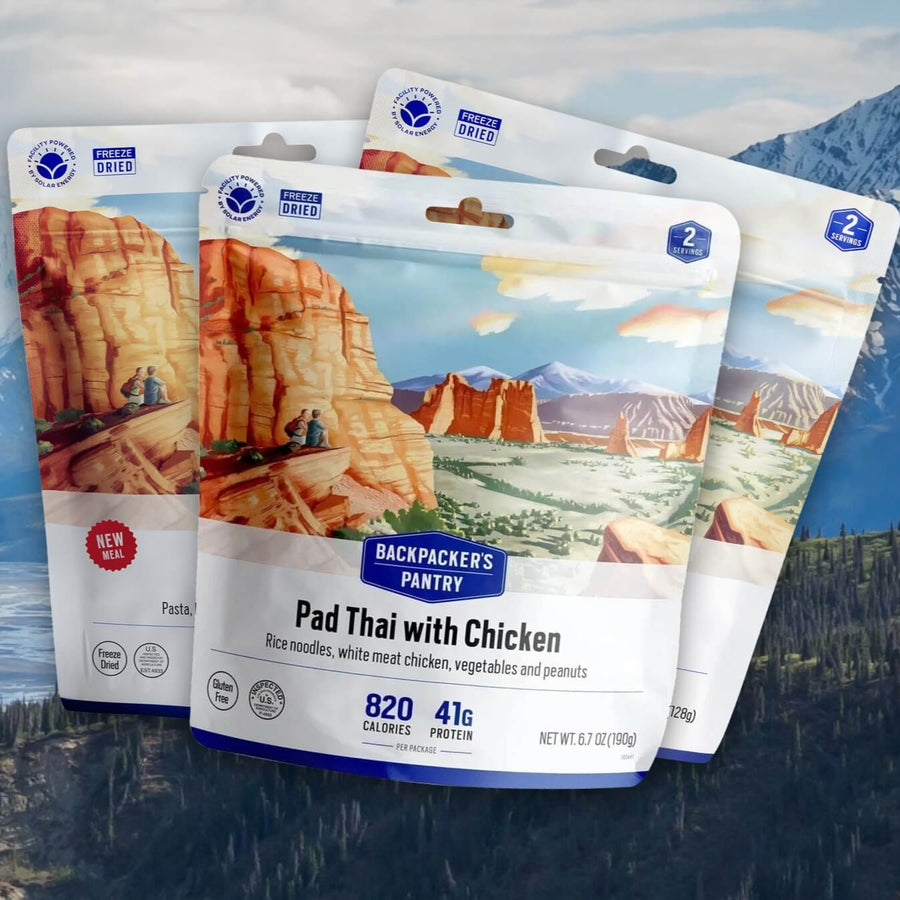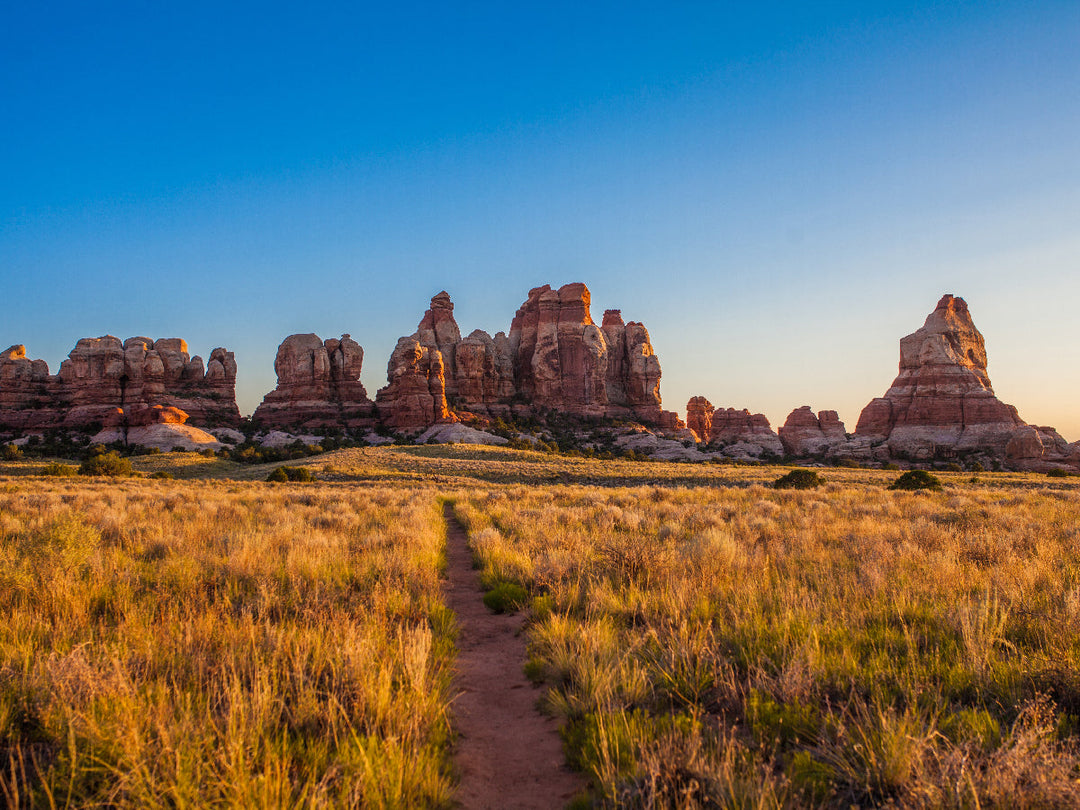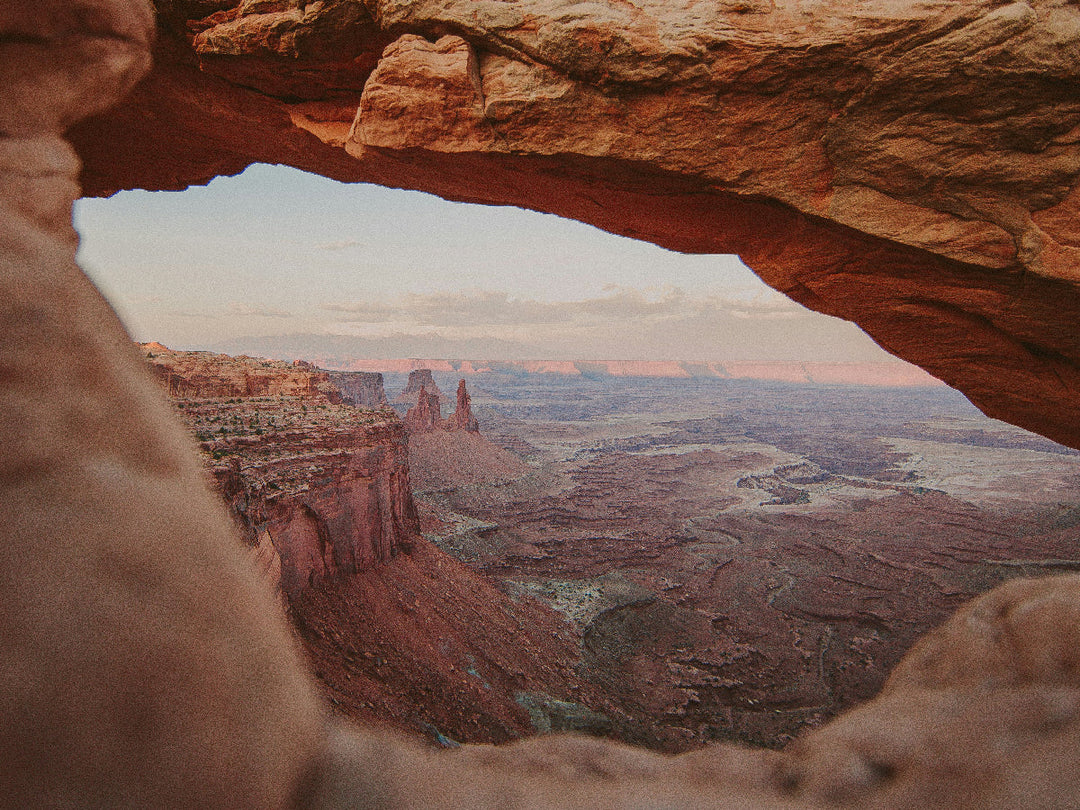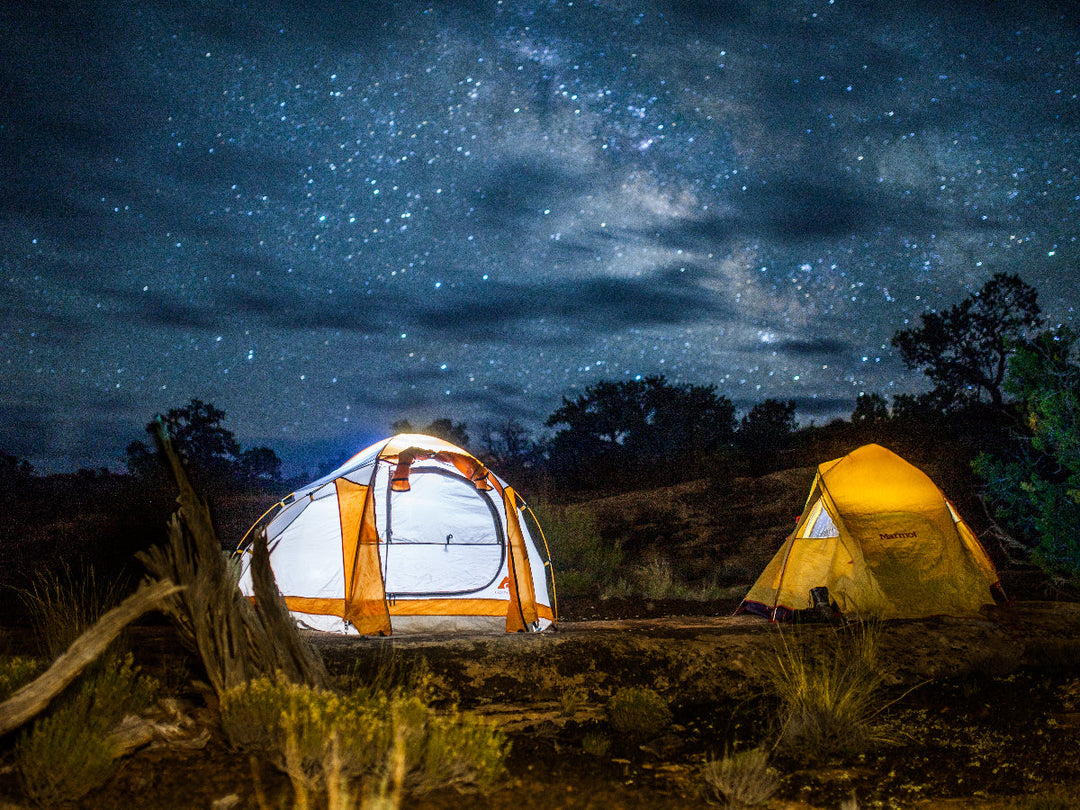5 Ways You're Camping Wrong | Backpacker's Pantry

Common Camping Mistakes You Should Avoid
Camping is a great way to enjoy nature and take a break from the chaos of everyday life. Sometimes, however, novice campers campers make rudimentary mistakes that turn fun trips into uncomfortable experiences. Here are five ways you may be camping wrong without even realizing it.

-
You don't test your equipment beforehand. You don't want to be hours away from civilization when you discover that your sleeping bag zipper is broken or your tent pegs are missing. Test all of your gear before you head out into the great outdoors. If you have an air pad, confirm that it will not leak. If you have a portable stove, make sure it actually works. Whether your gear is ten years old or brand new, you will want to test it several days or weeks before your camping trip, so you will have time to replace any defective items.
-
You set up camp too late. When you first arrive at your campsite, you will be tempted to look around or go for a hike. But if you wait too long to set up camp, you may end up scrambling around in the dark- many inexperienced campers are surprised by how long it can take to effectively prepare their campsites. Play it safe and set up camp right when you arrive. You should also leave home as early as possible, so you will have plenty of time to find a nice patch of flat land that will stay dry if it rains.

Photo Credit: Ryan Salm
-
You rely on a campfire to cook food. There's nothing quite like the flavor and smell of outdoor cooking. That said, you don't want to have to start a fire every single time your stomach grumbles. Make sure you have a portable camping stove, so you can boil water and cook a small meal if it rains or you get tired of flame-charred food. You should also consider packing dehydrated food for the trail, so you won't have to lug around bulky sacks or coolers.
-
You neglect to set up a latrine system. If you want your campsite to remain sanitary, you need a good solution for the times when nature calls. Ideally, you should dig 6- to 8-inch catholes to hold human waste, being sure to keep these at least 200 feet from trails, camps, and water sources. You will also want to construct some type of umbrella or tarp, so you can comfortably do your business when it is raining. When you pack up to leave, be sure to cover your catholes with dirt and natural debris.

Photo Credit: Jon Waterman
-
You use your mouth to inflate your sleeping pad. A comfortable sleeping surface can significantly impact the way you feel while you're camping. Unfortunately, when you use your mouth to inflate your sleeping pad, you add moisture vapor, which ultimately condenses and lowers the pressure within the pad. This promotes greater heat loss into the ground, causing you to be colder at night. Unless this is something you want, be sure to use a self-inflating pad, or inflate traditional sleeping pads using a pump.
Backpacker's Pantry provides gourmet backpacking food for outdoor enthusiasts of every level and background. Browse our lightweight, nutritious food for the trail.
